- The Ritual Effect – Michael Norton Retirement Wisdom 21:29
A lot of our day-to-day behavior comes from habits. They create useful short cuts. But while they’re efficient, many lack something important – meaning. That’s where rituals come in. From the civic and religious rituals that commemorate key milestones and special events to our morning routines, they add a valuable emotional dimension to our lives. Michael Norton, author the new book has studied rituals and joins us to share what’s he’s learned about how we can be intentional about rituals, both ones we’ve inherited and new ones we create.
He joins us from Cambridge, Massachusetts.
____________________
Curious?
_____________________
Bio
Michael Norton is the Harold M. Brierley Professor of Business Administration at the Harvard Business School. He has studied human behavior as it relates to love and inequality, time and money, and happiness and Grief. He is the author of The Ritual Effect and the coauthor—with Elizabeth Dunn—of Happy Money: The Science of Happier Spending. In 2012, he was selected by Wired magazine as one of “50 People Who Will Change the World.” His TEDx talk, How to Buy Happiness, has been viewed nearly 4.5 million times. He is a frequent contributor to such publications as The Wall Street Journal, The New York Times, and Scientific American, and has made numerous television, radio, and podcast appearances.
__________________________
For More on Michael Norton
_________________________
Podcast Episodes You May Like
Tiny Habits Can Lead to Big Changes – BJ Fogg
How to Live a Values Based Life – Harry Kraemer
The Portfolio Life – Christina Wallace
The Second Curve of Life – Arthur C. Brooks
_________________________
Wise Quotes
On Rituals & Emotions
“I think one thing that I like about rituals is that they’re a bit domain general, in the sense that we don’t just use them in one domain. So imagine the only thing we use rituals for was to tie our shoes before a big race or to try to calm down before a big event. We for sure use them there. But then we use them in all these other domains of life as well. We use them in our marriages, we use them with our kids and families. We use them at work. So we really think about this idea of rituals allow us across many domains of life to change our experience in one way or another. We’re often looking for an emotion when we engage in rituals. Like if I’m doing something with my wife that we do on date night, we’re doing the ritual in order to feel closer. If I’m tying my shoes, I’m doing it in order to feel calmer. So we have these ways of using rituals to try to get us to an emotion that we think at least would be helpful in that moment.”
On Rituals and Retirement
“And I think that can help us then have a better demarcation between what we were and what we’re going to be. I was a full-time employee. I was a parent, now I’m retired, or now I’m an empty nester. How are we helping people transition from one to the other? Because it’s a huge transition. When we go through any of these transitions in life, we have, when we look at rituals, there’s many different types.”
On Inherited Rituals
“We have just two broad categories are rituals that we receive or inherit. They could be family rituals, they could be cultural rituals, they could be religious rituals that we get from our parents, from our grandparents, from our faith. And those rituals play an enormously important role in our lives. And we know what they are, and we know how meaningful they are when we do them. Weddings and funerals exist for a reason.”
On Taking an Inventory
“I think the last thing that anybody wants to hear is add 10 more things to your life. That’s not a good selling point. If I said it’s very helpful to meditate for five hours every day, well that’s great, but who has time to meditate for five hours every day? So I often think about it less as about adding a whole bunch of rituals all over the place, and instead starting to just actually looking at your current behavior, kind of taking an inventory of what you currently do. Do you have something that you do in the morning? Is it always coffee and then newspaper and then chat with and then dog? Or are you all over the place? And those are places where you can start to see that sometimes you’re doing things already that have some of these propensities. And by the way, if you don’t think you have any rituals, ask your spouse, ask your children, ask your coworkers. They’ll be very happy to tell you all the quirky things that you do. And I like that idea of starting there, of just already recognizing this role that they play in our lives.”
__________________________
About Retirement Wisdom
I help people who are retiring, but aren’t quite done yet, discover what’s next and build their custom version of their next life. A meaningful Retirement doesn’t just happen by accident. Schedule a call to discuss how The Designing Your Life process created by Bill Burnett & Dave Evans can help you make your life in Retirement a great one – on your own terms.
About Your Podcast Host
Joe Casey is an executive coach who also helps people design their next life after their primary career and create their version of The Multipurpose Retirement.™ He created his own next chapter after a twenty-six-year career at Merrill Lynch, where he was Senior Vice President and Head of HR for Global Markets & Investment Banking. Today, in addition to his work with clients, Joe hosts The Retirement Wisdom Podcast, which thanks to his guests and loyal listeners, ranks in the top 1 % globally in popularity by Listen Notes, with over 1.2 million downloads. Business Insider has recognized Joe as one of 23 innovative coaches who are making a difference. He’s the author of Win the Retirement Game: How to Outsmart the 9 Forces Trying to Steal Your Joy.


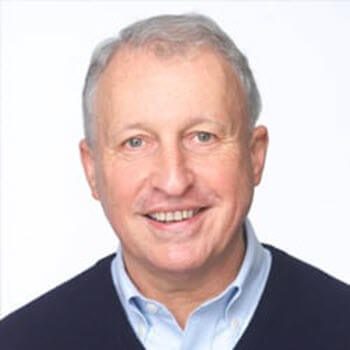

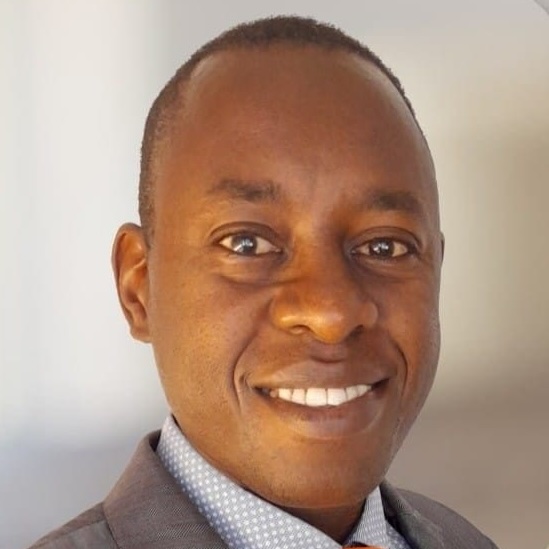


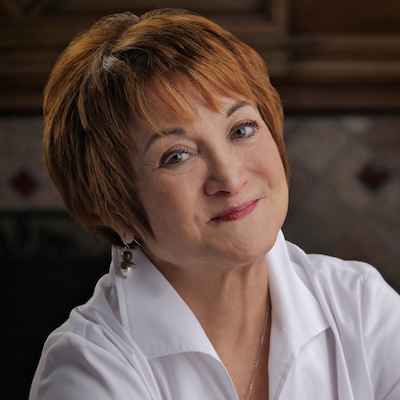
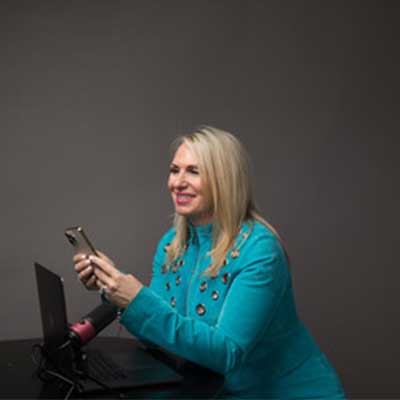
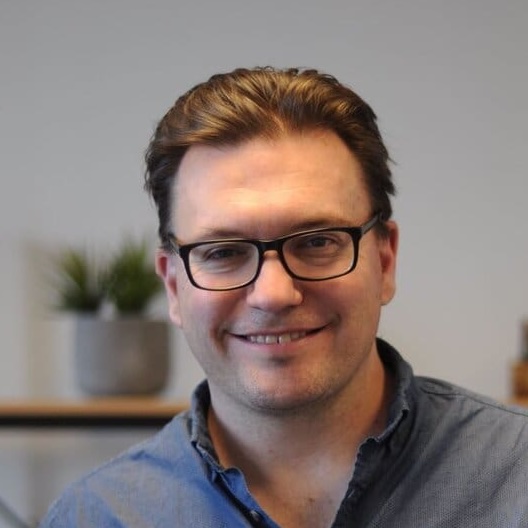


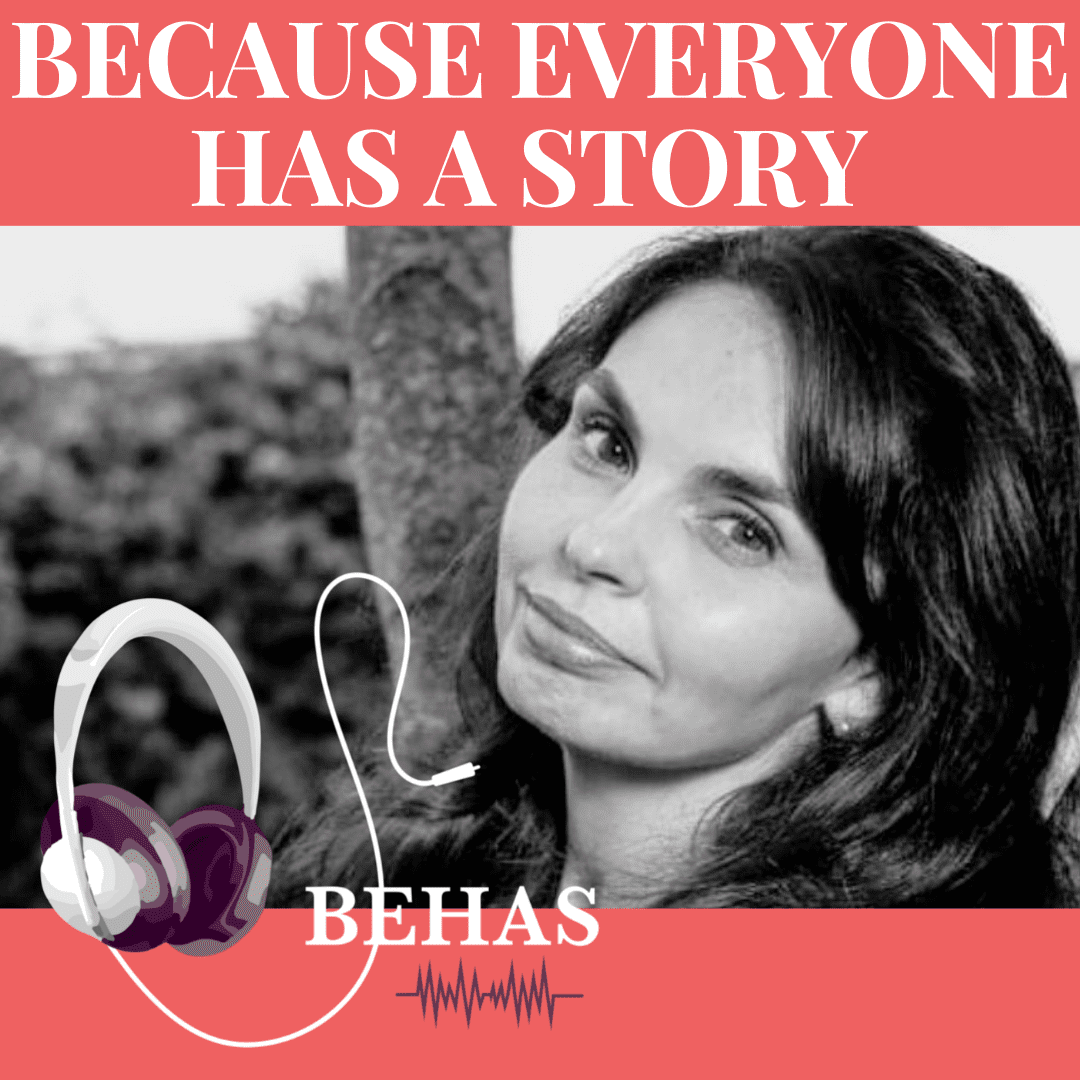








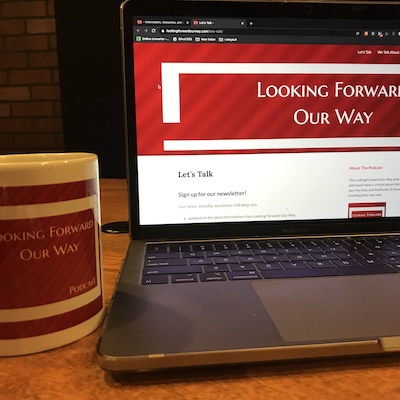

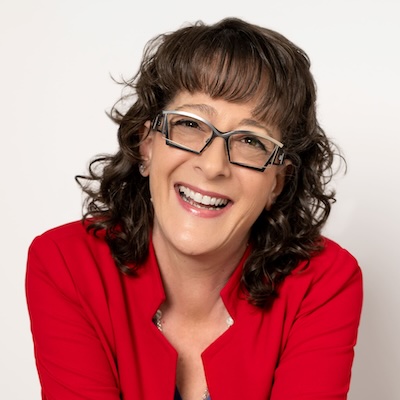




Already a Member? Login Here.
Not Yet a Member? Join the Conversation Today!